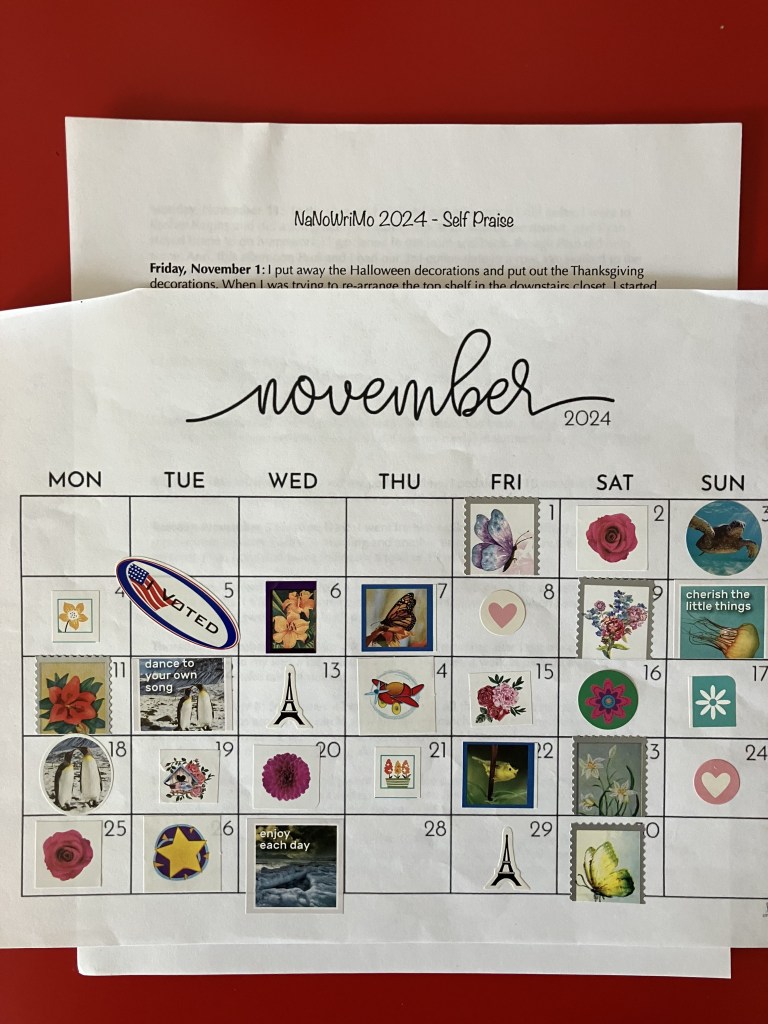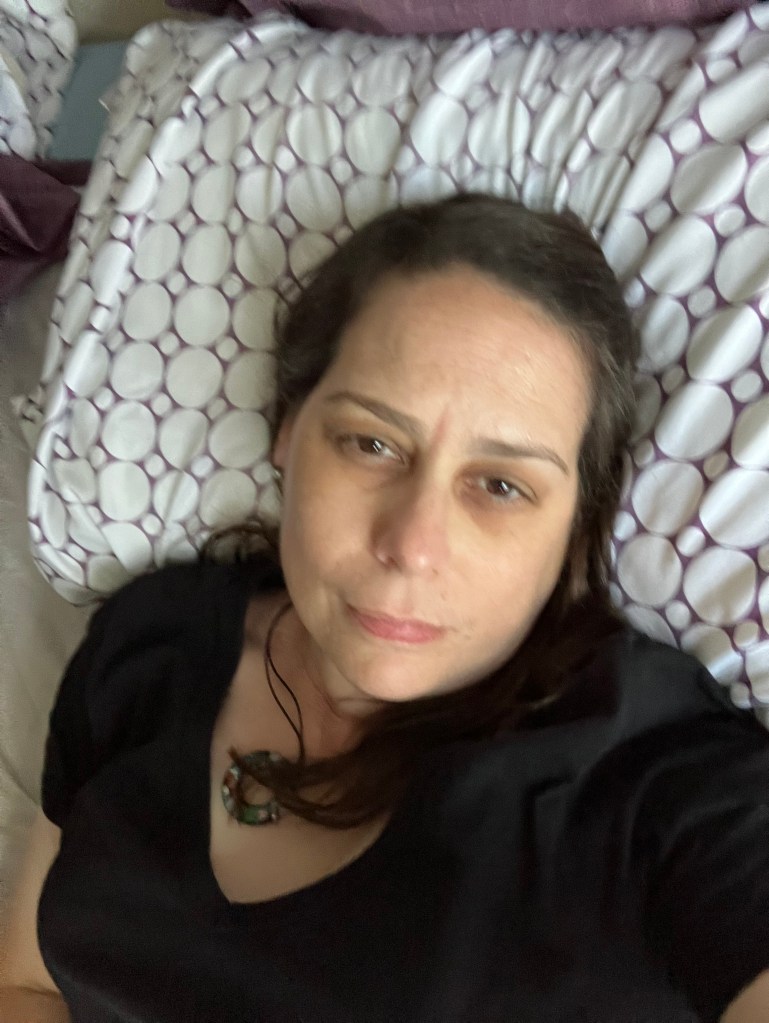You may remember that I regularly complete five-minute writing exercises. (In case you don’t remember, you can read about it in this post.)
Recently, I pulled a random card from Rupi Kaur’s Writing Prompts. Here’s the prompt: “How can you be more appreciative of all your body is doing to keep you alive?”
It’s a powerful prompt, because, at least for me, I’m generally thinking about what my body can no longer do, and what has become increasingly difficult for my body to do, and all the ways my body has changed, and all the ways I’m not pleased with my body in its current state.
But, stopping to appreciate the work my body does 24/7 to keep me alive?
It had never even occurred to me before.
Maybe you need this reminder as much as I did — and still do.
This makes me think back to late December, when I was terribly sick with the flu. (I wrote about it here.)
I cried in bed, absolutely terrified that my body wasn’t strong enough to “fight” or “work through” the flu. (Both terms doctors used during Telehealth appointments.) I imagined being one of those outlier cases — someone who is hospitalized and gravely ill from the “simple” flu. I had failed to take care of my body, and now my body was failing me (even more than I felt it usually did on a regular basis).
In bed, unable to eat for several days, I realized I had been pushing myself way too hard. I wasn’t taking care of myself beyond doing the bare minimum.
Since then, I have tried to get to bed earlier. I have tried to give myself time to do something that isn’t a chore or on a deadline or isn’t anything anyone else is expecting from me.
Yet, I don’t do these things on a daily basis.
And if you ask me if I am appreciative of all my body does to keep me alive? I would have to say No, no I’m not.
So, what can I do to be more appreciative of all my body does to keep me alive?
For one, I can stop the negative self-talk. I would never speak to my husband or son or closest friends the way I speak to myself.
If I’m stopping that action, I can start another — I can say one complimentary thing about my body each day. And not something like “Those earrings look really pretty on me today,” but something more like, “my hands are strong enough to hang birthday decorations around the house.”
That’s what I’m working on.
How about you, my dear readers? “How can you be more appreciative of all your body is doing to keep you alive?” If you feel comfortable, please let me know in the comments.
Please note: I am including a link to buy the box of writing prompts that I mention in this post. If you use my link, I do make a small commission on your purchase at no additional cost to you. I am working with Bookshop.org which also sends a portion of the profit to support local, independent bookstores.










